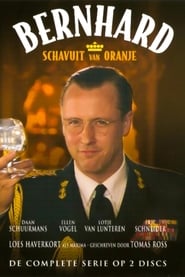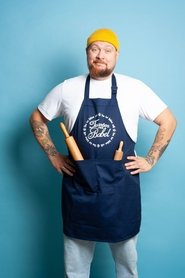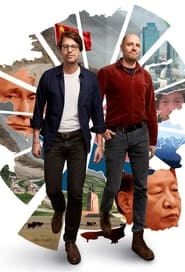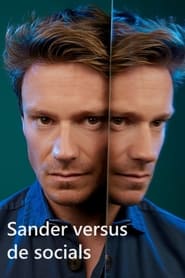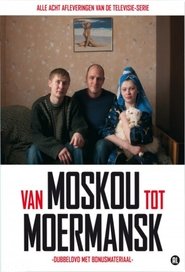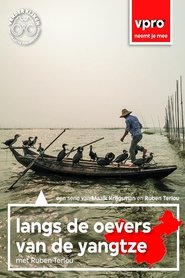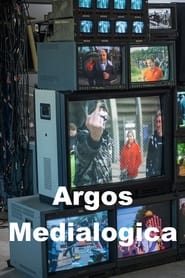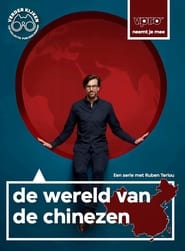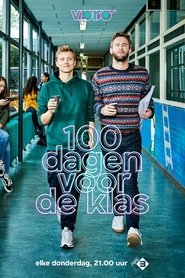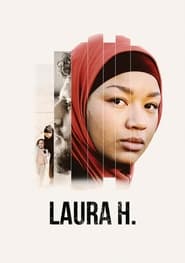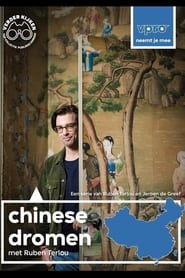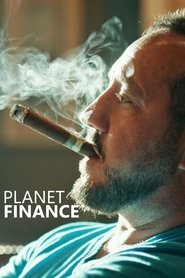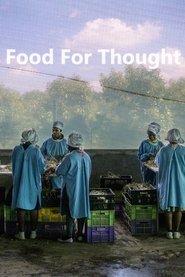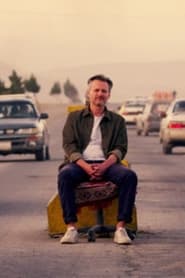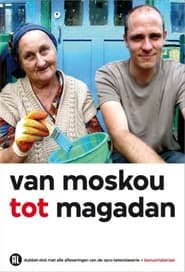Vpro TV Series - Page 3
-
Bernhard, Scoundrel of Orange
2010
star 7.5Bernhard, schavuit van Oranje is a Dutch television program depicting the more than only turbulent life of a prince consort. It is a compelling drama concerning a man who tries to be himself, but must survive deep crises, finally to see the real meaning of love. Within the Dutch royal family there is actually no more talked about character than Prince Bernhard of Lippe-Biesterfeld. Whether it concerns Greet Hofmans, extramarital affairs, or Lockheed, Prince Bernhard faced a lot of scandals throughout the course of his life. Besides this he was, and is a person, loved by many as a war hero. A man of extremes. In four parts Prince Bernhard tells the tale of his life. Not only through the spyglass, but especially to his grandson's wife, Princess Máxima of the Netherlands, who will be soon the Queen next to Prince Willem-Alexander. In a way, she takes the same position as Prince Bernhard did in his life. In their conversations and discussions it becomes clear how much they are different, but also how much they a -
Van Dis in Indonesië
2012
Van Dis in Indonesië
2012
Adriaan van Dis, child of a Brabant peasant and a Dutch-Indonesian father, after long hesitation, made a television series about the country that such a large role in his life. 'In the Netherlands, I was never brown enough, but suddenly I heard that.' -
Taarten van Babel
2024
Taarten van Babel
2024
-
JOARDY SITCOM
2019
JOARDY SITCOM
2019
-
Along the New Silk Road
2023
star 7The ancient Silk Road, the trade center of the world, once ran through Uzbekistan, Tajikistan, Kazakhstan, Kyrgyzstan and Pakistan. Ruben Terlou and Jelle Brandt Corstius explore the area in which the world has renewed interest due to its strategic location and enormous energy reserves. -
Sander versus the socials
2023
Sander Schimmelpenninck investigates the far-reaching influence of social media on our society and politics. To this end, he talks to journalists, moderators, philosophers, lawyers and troll hunters. How does social media use undermine our democracy and why is no one doing anything? -
From Moscow To Murmansk
2010
"From Moscow to Murmansk is a documentary about a journey through Russia. Jelle Brandt Corstius speaks to Russian citizens during this journey to find answers about the Russian soul." -
Along the Banks of the Yangtze
2016
A six-part series in which photographer Ruben Terlou travels from Shanghai, the most westernized part of China, to the much more traditional Tibetan city of Shangri-La. Through the stories of people he meets along the 6,300-kilometre river, Ruben discovers the real China, forty years after Mao’s death. -
Argos TV - Medialogic
2012
Media logic investigates the difference between image and reality. Media serve as a guide to get a grip on reality. But to what extent are they a reliable guide? How is public opinion formed? And what influence does this have on the actions of administrators, journalists and citizens? -
Grensland
2015
Grensland
2015
-
The World of the Chinese
2021
star 8.6China is playing an increasingly important role worldwide. Under President Xi Jinping, substantial investments are being made in communication and cooperation and industrious Chinese people are settling abroad in large numbers. Documentary maker and China expert Ruben Terlou visits them in the new VPRO travel series ‘The World of the Chinese’. Who are they, what do they want to achieve and what impact does their presence have on the local population? -
Wilde buren
2023
Wilde buren
2023
-
Laura H.
2024
star 5Laura H, The teenager from Zoetermeer takes on a new identity in her search for herself and travels with her husband Ibrahim and two children to the caliphate in Syria. When she shows up at the border in 2016 and says she has escaped and regrets it, doubts about her motives are great. Why did Laura choose to travel to the 'Caliphate'? -
Chinese Dreams
2019
star 9In this third series, Ruben Terlou takes us through China again. This time he explores how Chinese people see their own, their children’s, and their country’s futures. He experiences how rapidly China is developing under the leadership of President Xi Jinping, and how this is affecting the lives of ordinary individuals. Once again Ruben finds himself in exceptional situations, meets extraordinary people, and sees some dreams coming true and others being shattered. -
Food for Thought
2024
Food for Thought
2024
Where does our food come from? Where is it going? What route does it take from production to our plate? Photographer and filmmaker Kadir van Lohuizen searches for the world behind the food on our plates and brings into focus what often remains outside our field of view. -
From Moscow to Magadan
2009
From Moscow to Magadan is a documentary about a journey through Russia. Jelle Brandt Corstius speaks to Russian citizens during this journey to find answers about the Russian soul.
